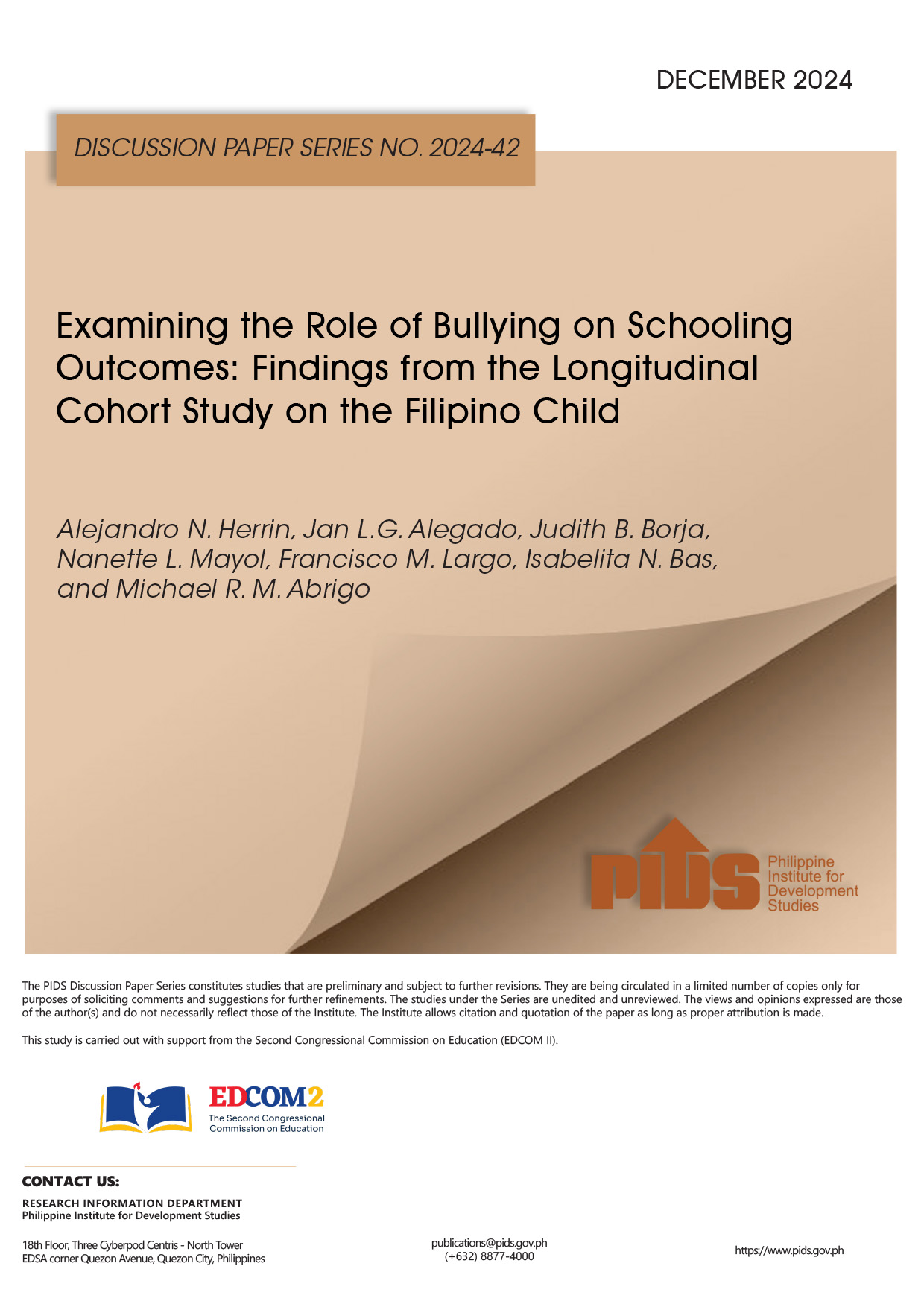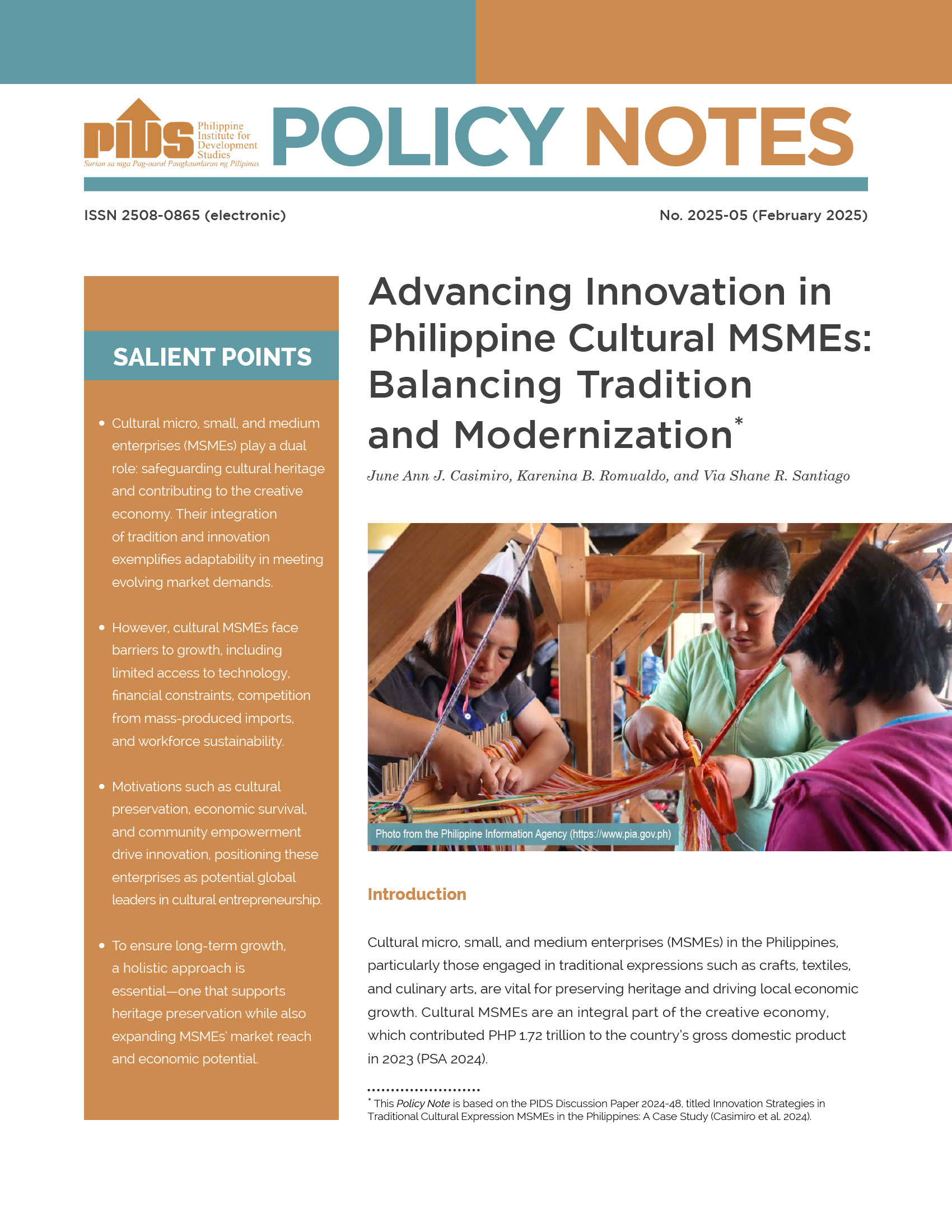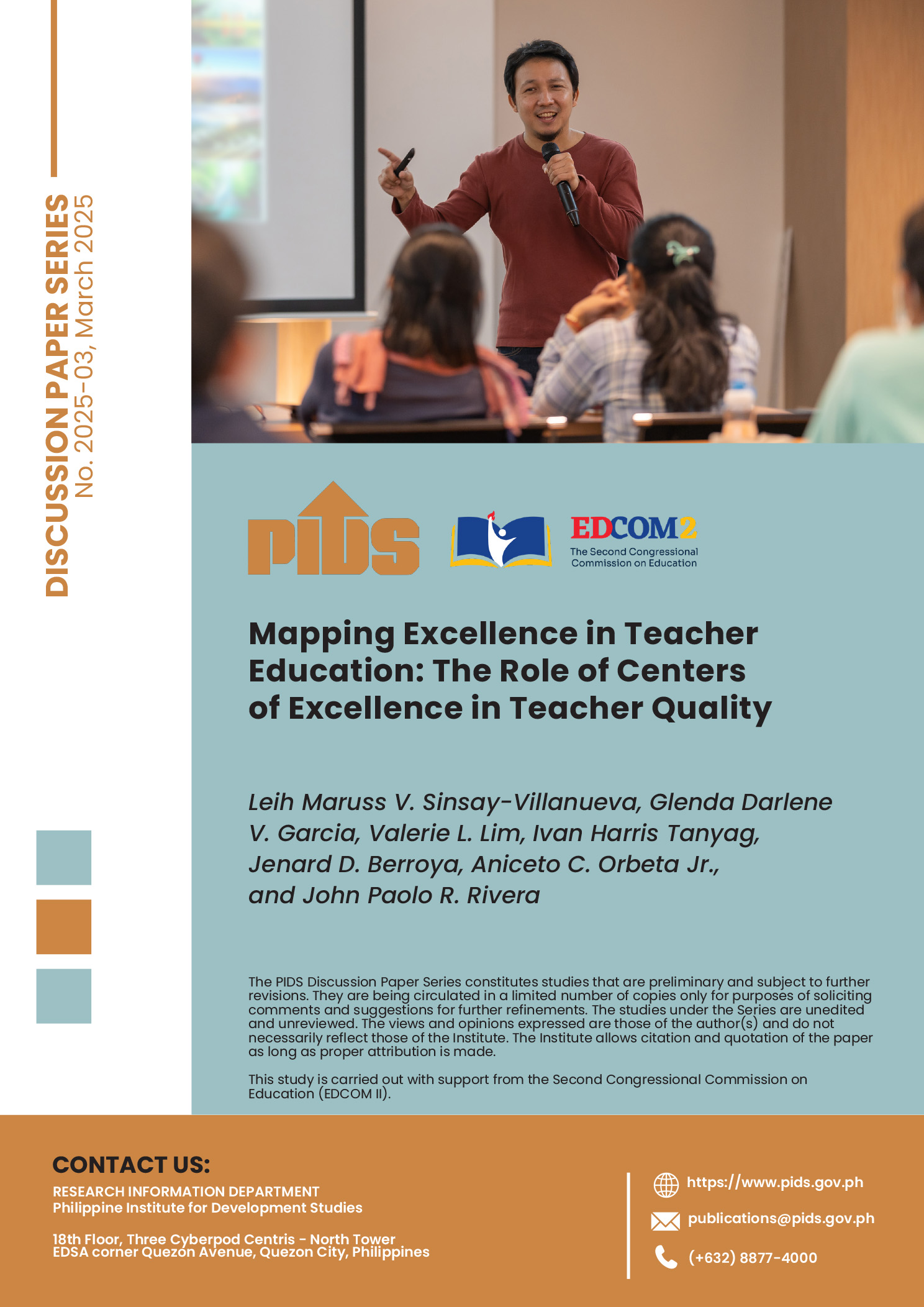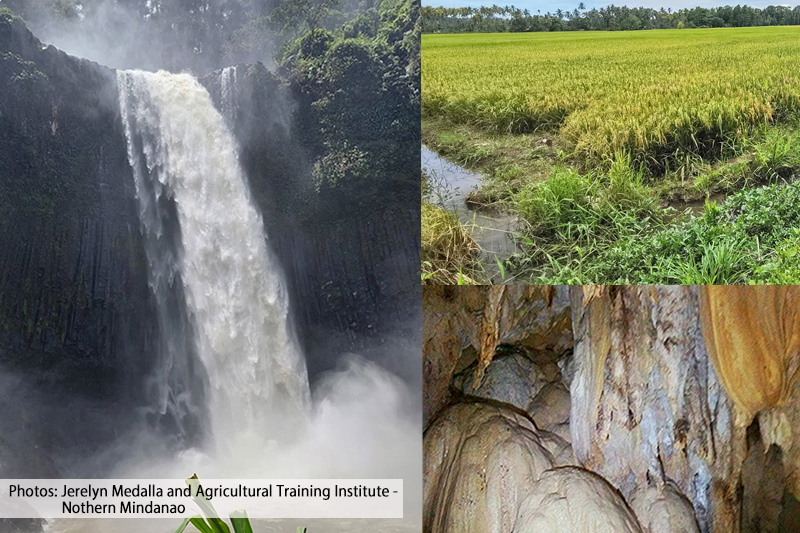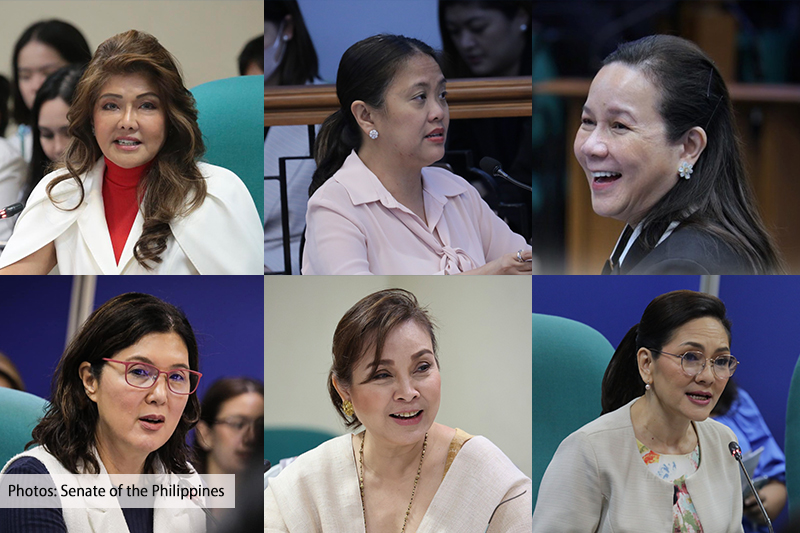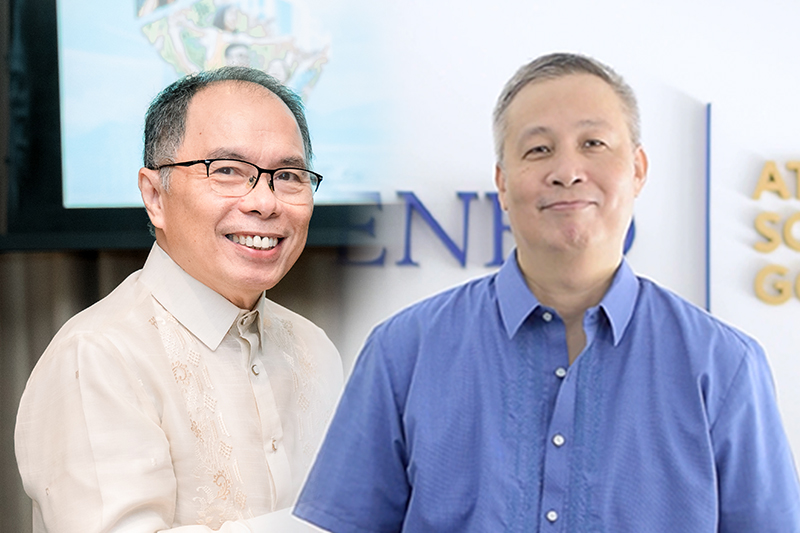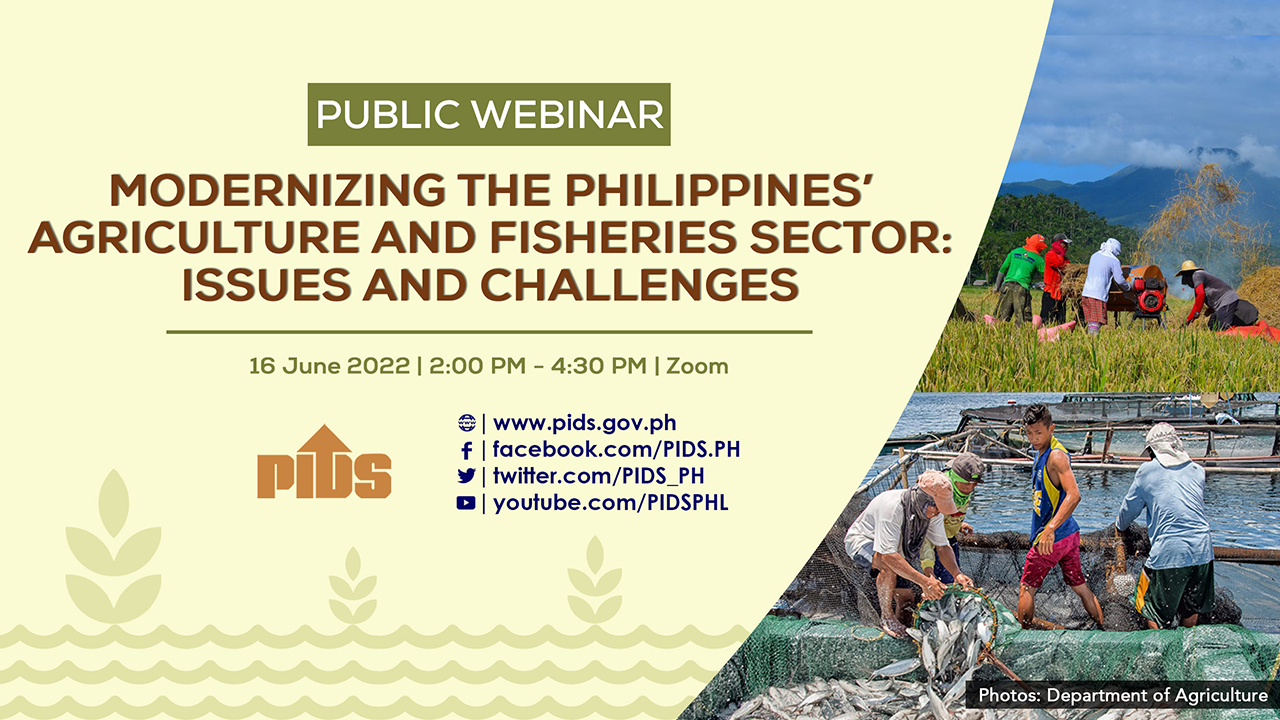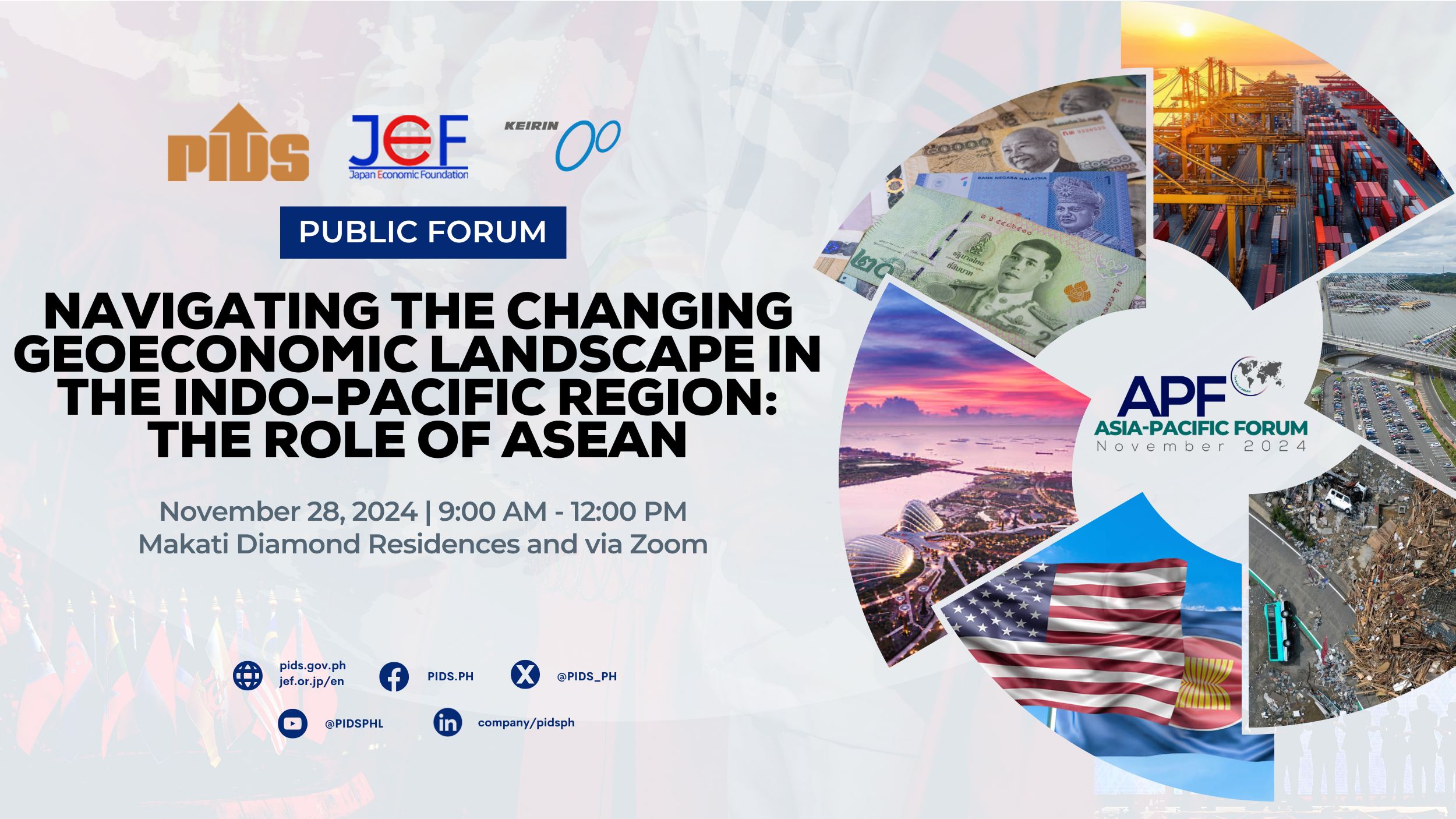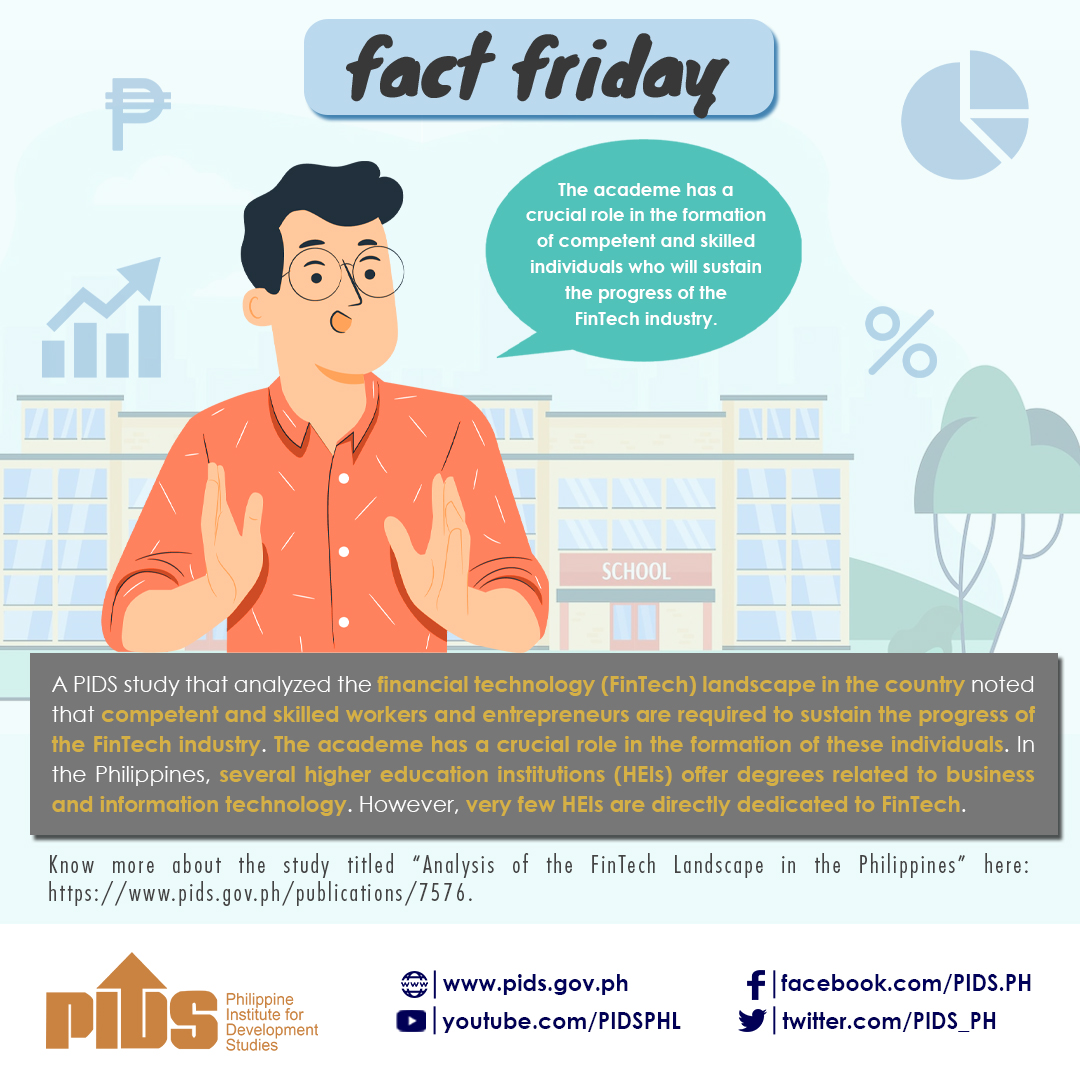Efforts to modernize customs administration will likely impact the brokerage profession, but customs brokers that are willing to adjust to the winds of change can find new opportunities in the emerging world order, according to a newly released report.
The study noted that with the ongoing economic integration in the Association of Southeast Asian Nations (ASEAN) region, the Philippines must successfully implement seamless, efficient, and transparent trading procedures to maximize the potential benefits from such union.
But attempts to introduce greater efficiencies in customs and trade through the passage of a new customs and tariff modernization act face resistance from organized customs brokers.
Arguments against some provisions of the Customs and Tariff Modernization Act of 2013 filed in the current 16th Congress say some of its provisions entail changes that could adversely affect the role of service providers such as customs brokers.
Brokers fear that their role in the envisioned customs modernization in the country will be significantly diminished, if not permanently eliminated, said the report, entitled "How Should We Move Forward in Customs Brokerage and Trade Facilitation?”
"The customs brokers stress that they have a vital role in facilitating efficient, effective, and secure international trade,” according to the study authors led by Gilberto Llanto of the Philippine Institute for Development Studies. "They consider themselves as safeguarding the interest of the government because they ensure the collection of the right amount of duties and taxes.”
Results of roundtable discussions and interviews conducted by the authors with other stakeholders, including officials from the Bureau of Customs as well as importers and exporters, "clearly [point] to the declining relevance of the customs brokers’ services.”
Added the report: "Overall, the discussions showed that while customs brokers see themselves as an essential part of trade facilitation, the direct users of their services think differently. They do not see any value added from the customs brokers’ services.”
The diminishing role of customs brokers, it added, is the result of an environment where customs administration is modernizing, and computerization is replacing the traditional and direct interaction of brokers with staff from the BOC.
Moreover, "a more transparent customs administration is emerging to efficiently process a significantly growing volume of trade transactions.”
In addition to the ASEAN integration, another development pushing customs modernization in the Philippines is the government’s ratification in 2010 of the Revised Kyoto Convention (RKC), or the International Convention on the Simplification and Harmonization of Customs Procedures.
The RKC is regarded as the blueprint for modern and efficient customs procedures in the 21st century, providing international commerce with predictability and efficiency required by modern trade.
"The BOC strongly believes that the country, as signatory to the RKC, should have customs procedures that comply with best practices and standards in the global markets,” the report said.

